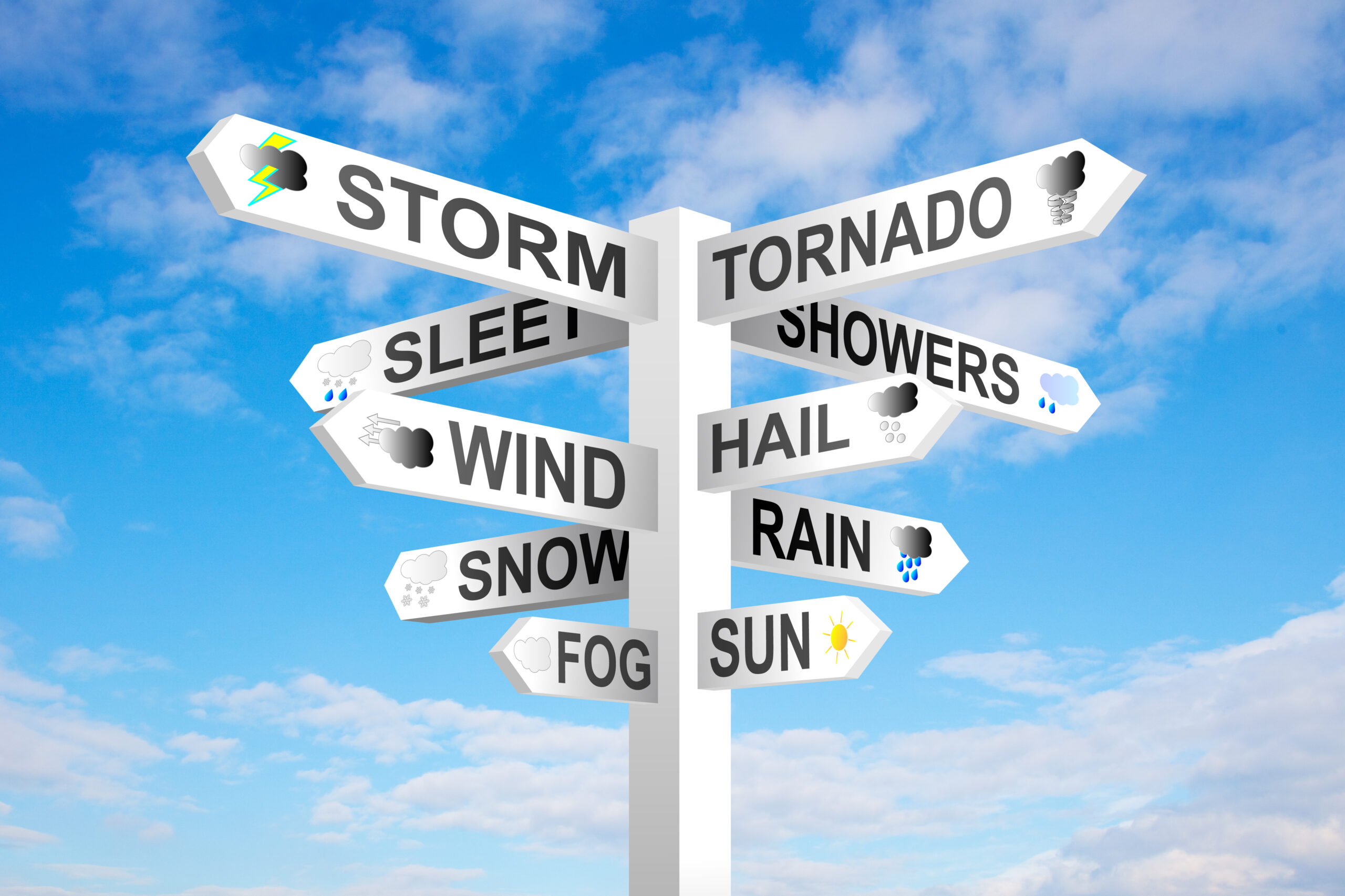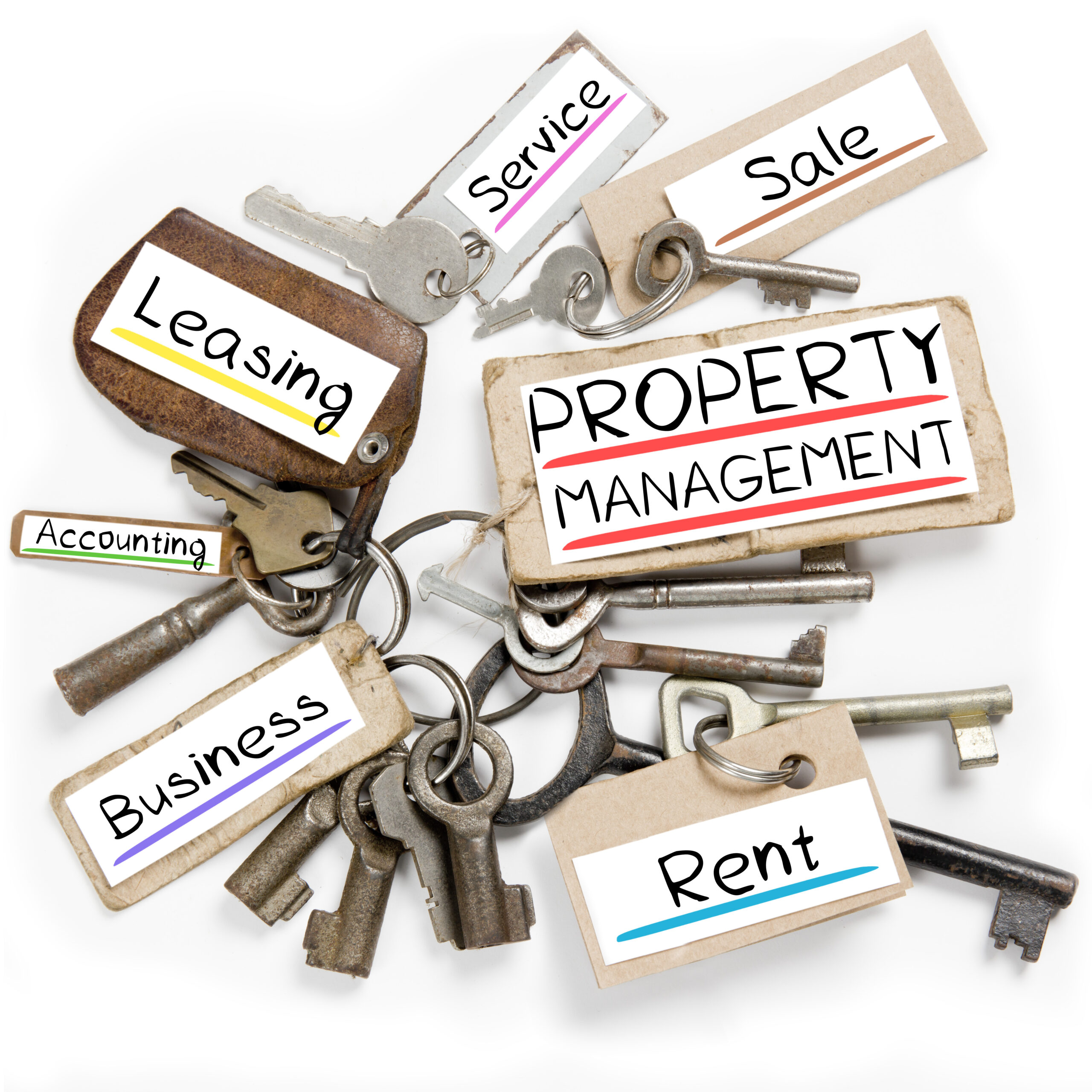- Services
-
-
-
Insurance Claim Types
-
-
- Resources & Support
-
-
-
Insurance Claim Support
-
-
- About Us
-
- Contact Us
Insurance Claim Types
Hail damage INsurance claims
Avoid denied claims and other hail damage claim hurdles. Our team can help you get a fair settlement to restore your property after a hailstorm.
FILE YOUR HAIL DAMAGE INSURANCE CLAIM WITH THE CONFIDENCE OF AN UNBIASED INSPECTION AND ONGOING SERVICE
Hail storms can cause serious damage – not just to roofs, but to windows, doors, HVAC units and more. If left unrepaired, hail damage can lead to more damage over time. On one hand, you don’t want to file an inaccurate or unnecessary insurance claim. On the other hand, waiting too long to notify your insurance company will likely keep you from getting the full settlement amount required for repairs. Our highly trained loss consultants and public adjusters know how to assess damages accurately, hit policy and claim deadlines, and settle your claim the right way, right away.
Handling your hail damage insurance claims
from start to finish
Step 1
Inspection
Step 2
Estimation
Step 3
Preparation
Step 4
Negotiation
Step 5
Settlement
Common questions about
hail damage insurance claims
Understand the important things to consider and get answers to your top
questions around your hail damage insurance claim.
How do I know if I should turn in a hail claim?
It’s best to contact a professional to validate damages BEFORE you notify your insurance company in order to avoid a frivolous claim. There are no hard and fast rules on what warrants damage. For example even 1” hail and 60 mph gusts can cause damage depending on the surface it impacts. (Watch this video for an example.)
Will a hail claim raise my premiums?
Typically an “act of god” claim will not increase your premium. However, even if you don’t submit a claim or are not affected by a large catastrophic storm, you may see a rate increase as many other people submit claims.
Can I dispute my hail claim?
Who do you trust, your contractor or your insurance adjuster? If you have an active claim and you have a large dispute between the amount paid by insurance and what your contractor is stating, it’s a good idea to contact a public adjuster, who can assist you in disputing the claim.
What do I do if my claim gets denied or underpaid?
If you have a claim denial or a partially denied claim, it is a good idea to have a licensed public adjuster or attorney review the file to provide a secondary coverage opinion. Our team can review your claim for free.
How do I know if I need a public adjuster on my hail claim?
A qualified restoration contractor can provide an estimate and guide you through the residential claims process. However, if you own or manage a commercial property, policies become more complex and require more detailed reviews of coverage. Oftentimes, insurance companies will require detailed estimates written in a software program, Xactimate. And unfortunately, the vast majority of commercial property claims are underpaid. Our team is certified in Xactimate and includes one of only 48 Xactimate Certified Trainers in the nation. We also have the insurance knowledge and industry expertise you need to ensure your claim is filed accurately, negotiated professionally and paid fairly.
What if my insurance company doesn’t pay Overhead and Profit on my hail claim?
This is a common problem with some insurance companies and it’s unfair and in some states – illegal. Overhead and profit, (“O & P”) is a known expense that all contractors charge, usually at a rate of 10% and 10%. Sometimes insurers will not pay this on the roofing portion of the claim because they believe it’s already part of the Xactimate estimate. Check out our white paper to learn why this is incorrect.
As a contractor, why should I engage a public adjuster on a hail claim?
A public adjuster can help with scaling your company by taking out the everyday minutia of writing an estimate, corresponding with stakeholders and insurance company reps and navigating policy intricacies. We also have the training and expertise to handle claim red flags on behalf of you and your customer, including when/if to engage an engineer, policy coverage, delays, unwarranted denials or underpayment. Furthermore, there are legal limits to what a contractor can do when dealing with insurance claims. Contractors working with policyholders should check the public adjuster statutes in their jurisdiction to ensure they are not acting as an unlicensed public adjuster when assisting in claims.






